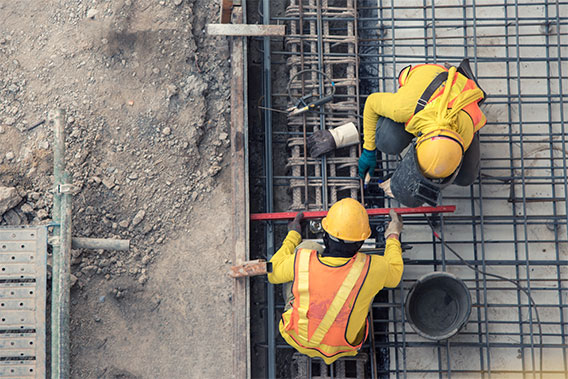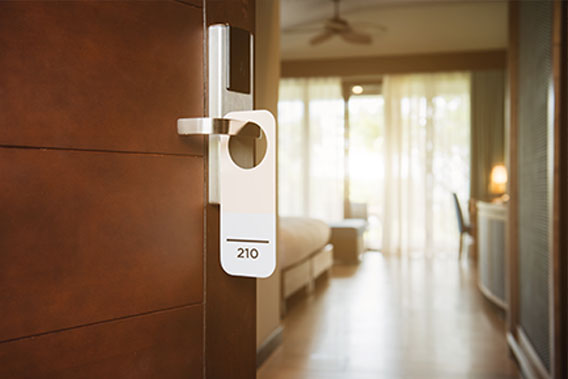“People who enjoy meetings should not be in charge of anything,” declared the celebrated American economist Thomas Sowell. We're not quite as scathing about them, but we understand too many meetings soon take their toll on the weary business traveller. It's why we thought it would be useful to share some insight into how to make sure you go into any meeting well prepared and, if necessary, know how to take control before it gets out of hand. Indeed, the first step is crucial:
STEP ONE: Have A Clear Agenda
A meeting without an agenda is an accident waiting to happen. Without clear direction on what issues you'd like to discuss, whoever is in the meeting is going to talk about whatever they can to fill the vacuum. Before any meeting starts, make sure there is an agenda. If you've not received one ahead of time, nudge whoever invited you to get one drafted. Doing so will not only make sure the meeting stays on track, it'll save you hours of rambling discussion that goes nowhere.
STEP TWO: Set A Time And Stick To It
On the subject of saving time, it's essential for you to put a time limit on any meeting you go into. Even if the organiser hasn't set a time, it pays to declare your availability and foreshadow your need to leave after an allotted period. Be reasonable, of course. But do not underestimate how important your time is. It's your number one asset and to waste it on an hour-long meeting that was meant to be thirty minutes is just not productive. Put a limit on the time early in the meeting and you'll be amazed how soon people get to the point.
STEP THREE: Only Invite Those That Need To Be There
Too many cooks spoil the broth. And it's exactly the same with meetings: too many people in a meeting ruin productivity. Only ever invite people to a meeting who need to be there and will offer direct and useful contributions or are responsible for taking action as a result of what's on the agenda. If it's a regular meeting and someone doesn't contribute – don't invite that person next time. Strive to make meetings something it's important to be a part of and create a culture that understands if you're in a meeting, you're there for a reason and are expected to contribute.
STEP FOUR: Leave With Clear Action Points
As important as an agenda is going IN to a meeting, it's just as vital to come OUT of a meeting with a clear understanding of what needs to happen next. Ideally you should assign every action point to a specific person or team, so the responsibility is clear. If an issue is left unassigned at the end of a meeting, you can be sure it's not going to resolve itself come the next one. We're not suggesting you need to make minutes or anything old fashioned like that – in fact, such a process only creates more paperwork that will obscure the focus of the meeting. Instead we suggest making three to five clear action points that are distributed and displayed prominently for everyone to see.
STEP FIVE: Get The Setting Right
Finally, we recommend you choose the right place to meet. A hasty meeting held in the corridor might seem like it's 'cool' because you're all in a rush and haven't got time to sit down. But in fact it reduces the perception of how important the meeting might be. Providing you set a clear agenda, manage expectations of time, invite the right guests and map out what must be done after – your meeting should no longer be a time-wasting chore. Instead, your meetings will become useful tools to move your business forward. It's why you should hold your meetings in comfortable and appropriate surroundings. We're regularly asked by our clients to arrange accommodation that also includes boardrooms and conference settings for meetings of all different kinds. Whether it's a monthly team get-together or an executive board meeting – we always find the right setting for our clients. So, if your work away requires space to sit down with colleagues of any level, don't hesitate to let us know and we can build it in to the bespoke package we arrange for you.
Remember, we're always on hand to talk about your business travel and accommodation needs – just call 0330 090 41 42 or email us at info@rapidtravelgroup.com


